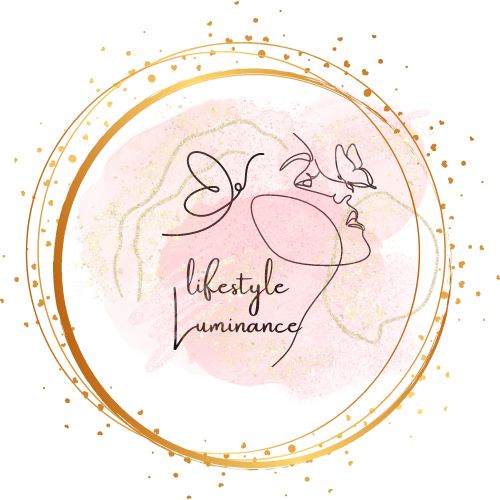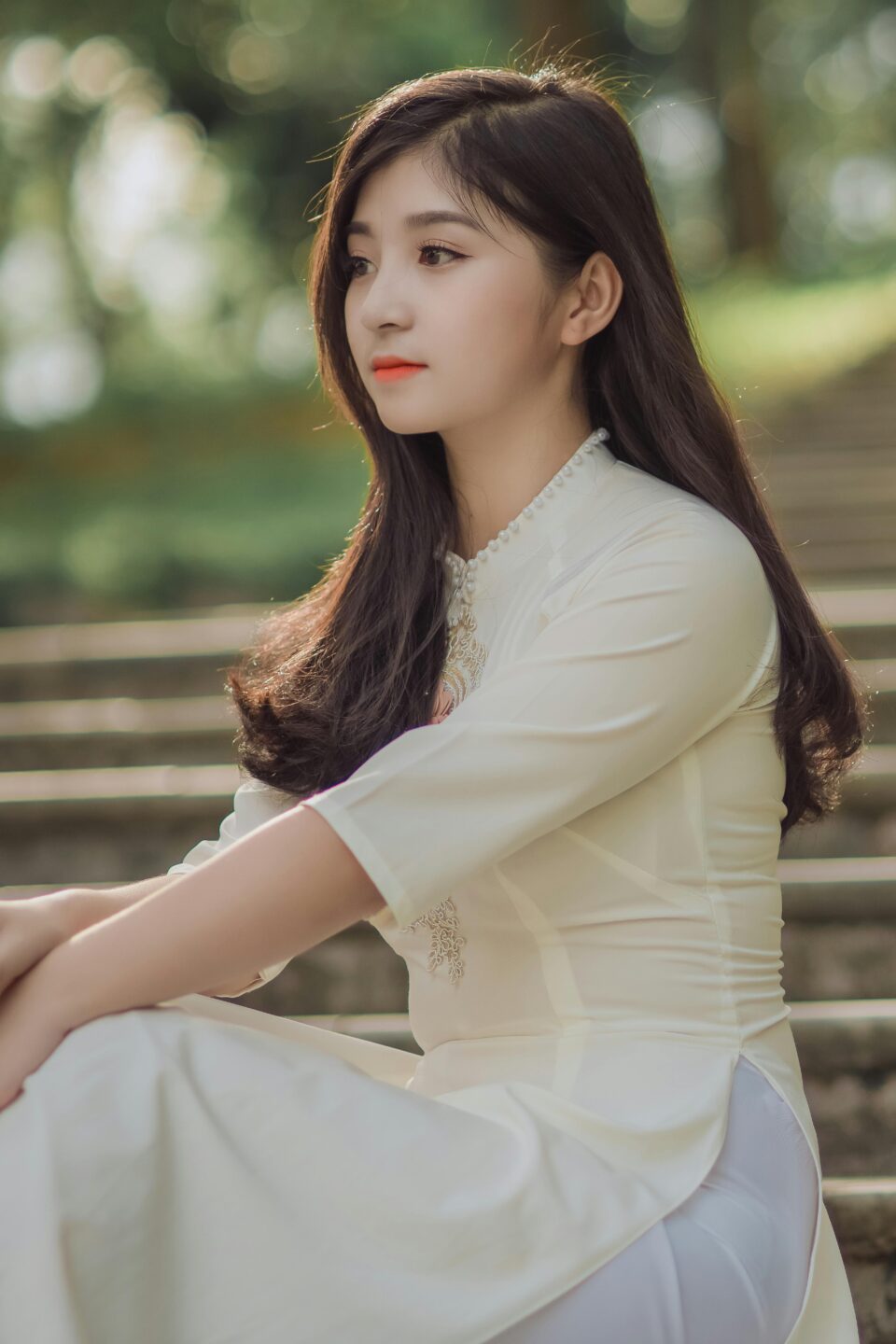Introduction:
In a world where trends come and go, black hair stands as an eternal symbol of beauty, resilience, and cultural heritage. From the regal coils of African royalty to the sleek elegance of Hollywood icons, black hair has always captivated hearts and minds with its versatility and allure. In this article, we embark on a journey to explore the multifaceted realm of black hair beauty, delving into its history, cultural significance, and the celebration of its natural splendor.
Table of Contents
The Historical Tapestry of black Hair:
To truly appreciate the beauty of black hair, one must understand its rich and diverse history. Throughout the ages, black hair has been more than just a fashion statement; it has been a symbol of identity and pride.

From ancient civilizations like Egypt, where elaborate hairstyles adorned both men and women, to the intricate braids and knots of the African tribes, black hair has always been intricately woven into the fabric of culture.
The Legacy of Black Hair in Modern Society:
Despite its undeniable beauty, hair has often been subjected to scrutiny and discrimination in modern society. Eurocentric beauty standards have long perpetuated the notion that straight, silky hair is the epitome of attractiveness, leading many individuals with black hair to resort to chemical straightening treatments or extensions to conform to these ideals. However, in recent years, there has been a powerful movement towards embracing natural hair textures and celebrating the unique beauty of hair in all its forms.
The Rise of Natural Hair Movement:
The natural hair movement has emerged as a powerful force, challenging conventional beauty norms and encouraging individuals to embrace their natural hair textures with pride.

Social media platforms have played a significant role in amplifying the voices of black men and women who champion diversity and self-acceptance. From the resurgence of traditional African hairstyles like braids, twists, and locs to the popularity of the afro, black hair is reclaiming its rightful place in the spotlight.
The Beauty of Diversity:
One of the most beautiful aspects of black hair is its incredible diversity. From tightly coiled curls to flowing locks, hair comes in a myriad of textures, lengths, and colors. This diversity is a testament to the richness of black culture and the beauty of individuality. Whether rocking a bold afro, intricate cornrows, or a sleek bob, dark hair allows individuals to express themselves authentically and unapologetically.
Breaking Stereotypes and Embracing Authenticity:
In a society that often seeks to box people into narrow categories based on appearance, embracing dark hair in all its glory is an act of defiance and liberation.

By rejecting harmful stereotypes and embracing authenticity, individuals with black hair are reclaiming their power and rewriting the narrative surrounding beauty. Black hair beauty is not confined to one specific look or style; it encompasses a spectrum of expressions that reflect the richness and complexity of the human experience.
The Future of Black Hair Beauty:
As we look towards the future, it is evident that hair beauty will continue to evolve and inspire generations to come. With an increasing emphasis on inclusivity and representation in the beauty industry, we can expect to see a greater variety of products and services catering to the unique needs of black hair. Moreover, as society becomes more aware of the importance of cultural sensitivity and appreciation, hair will be celebrated not just as a trend but as a timeless symbol of resilience, strength, and beauty.
Celebrating the Timeless Elegance of Black Hair Beauty
Conclusion:
In a world that often values conformity over individuality, hair stands as a powerful symbol of diversity, resilience, and cultural heritage. From ancient civilizations to modern society, black hair beauty has endured as a timeless expression of identity and pride. As we celebrate the beauty of hair in all its forms, let us embrace the richness of its history, the diversity of its textures, and the empowerment it brings to those who wear it with pride.

